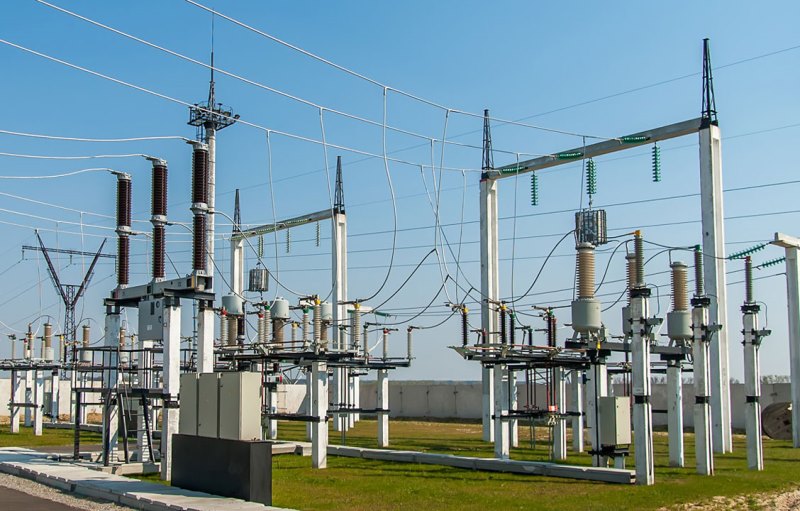Nigeria News
Insight into the 250% electricity tariff hike by NERC: What Nigerians should know

The Nigerian Electricity Regulatory Commission (NERC) approved a substantial 250% increase in electricity tariffs, prompting concerns across the nation. Here is a breakdown of what Nigerians need to understand about this hike:
Affected Customers:
NERC specified that this tariff adjustment primarily impacts ‘Band A’ electricity customers, who are among those receiving a minimum of 20 hours of power supply from the eleven electricity distribution companies.
Vice Chairman of NERC, Musiliu Oseni, clarified that only 15% of Nigeria’s 12.12 million electricity customers fall under ‘Band A.’ Customers in Bands B, C, D, and E, with less than 20 hours of power supply, are not subject to this hike.
Implications of the New Tariff:
For those falling under Band A, the 250% tariff increase means a complete elimination of electricity subsidy. Essentially, these customers will now pay significantly more for their electricity consumption.
It’s important to note that Band A households represent 15% of urban households in Nigeria, yet they consume a substantial 40% of the country’s electricity.
Commencement of the Hike:
As per the new tariff order, the implementation of the increased electricity tariff began on Wednesday, 3rd April 2024. This implies that customers categorized under Band A have already started paying 300% more for their electricity usage.
Impact on Power Supply:
Despite the tariff hike, NERC has clarified that this adjustment will not directly result in an improvement in power supply for the affected customers.
Persistent Power Challenges:
It’s crucial to recognize that since January 2024, customers across all bands have faced challenges with inconsistent and inadequate power supply throughout Nigeria.
Gas Constraints and Minister’s Statement:
Minister of Power, Adebayo Adelabu, attributed the erratic power supply to gas constraints, shedding light on one of the key factors influencing the current state of Nigeria’s electricity sector.
The approval of this significant tariff increase by NERC marks a notable shift from the previous electricity subsidy framework, signifying substantial changes in the country’s electricity pricing structure.













